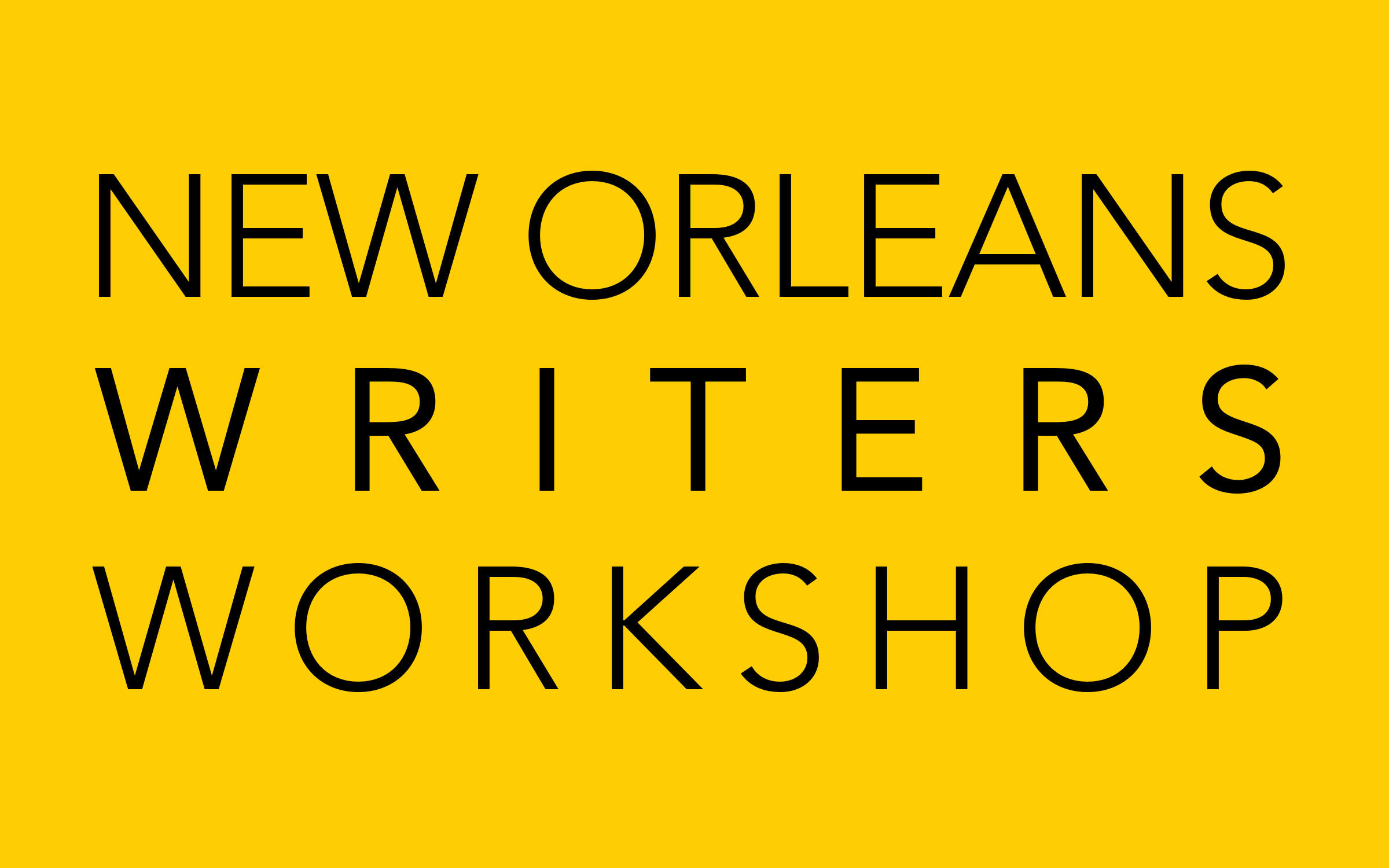Published December 30, 2024
NOWW Creative Director Allison Alsup talks with historical fiction author and former marketing executive, Elisa Speranza, about how to get your book into the hands of readers. Introverts, this one is also for you!
[Writers “can (and should) start thinking about publicity now—way in advance of having a book under contract, or even before they finish writing. It can be fun and rewarding.” – Elisa Speranza]
Allison: It’s been over two and a half years since you self-published your historical novel, The Italian Prisoner. Since then, you’ve done an impressive number of readings, presentations, and multiple book festivals. Any surprises or lessons?
Elisa: The most pleasant surprise has been the warm welcome I’ve received from the literary community. As a very late-blooming self-published author, I had (have?) a lot of insecurity about being dismissed as a “retiree hobbyist,” rather than a serious writer. So, it’s been thrilling and rewarding to be invited to speak at literary festivals like Tennessee Williams and Louisiana Book Festival, to have local booksellers champion my book, to have the continued interest of book clubs and civic organizations in the book and its historical backstory. Most of all, though, I’m grateful for the generosity of other writers.
Allison: We writers can be pretty resistant to talking about the business end of things. What sort of misconceptions or hesitations around promotion do you encounter among other writers?
Elisa: Luckily, I had a 30+ year career in business, marketing, public affairs, and strategic communications before I finally got the time to write fiction. It turns out those skills were transferrable into book publicity, but many writers have neither the interest, nor the experience, to tackle marketing themselves and their books. I’ve met many writers who actively resist the business end of things, then lament that their books aren’t selling. Sometimes I hear from writers who’ve yet to publish anything and somehow expect they’ll get a book deal, and a team of marketing professionals will swoop in to make their book a best-seller and organize (and pay for) a book tour. If that was ever a thing, it’s certainly not any more, even with a fancy big-five book deal—unless someone’s already a celebrity. Plus, a lot of writers are introverts, and the thought of self-promotion is terrifying to them. But unless you’re writing just for yourself, or maybe your family—which is fine—most writers imagine their books will be read by people who aren’t related to them. And if readers don’t know about their book, that will not happen.
Allison: So, what’s a poor introvert to do? Do creative avenues for promotion exist?
Elisa: That’s the good news! There are many creative avenues for book promotion, and not all of them involve dancing on TikTok while waving your book in the air. Ironically, social media is great for introverts—no physical human interaction required! But there are many other ways to connect with readers if you’re willing to hustle a bit. It may feel overwhelming, but it all starts with identifying goals, thinking hard about target audiences for your book, and putting together a plan you can actually execute. I’ve sold thousands of copies of The Italian Prisoner and have learned about what’s worth doing and what might be a waste of time and money. These are some of the topics we’ll be exploring in the upcoming NOWW workshop on January 18.
Allison: What do you hope writers will take away from your upcoming workshop?
Elisa: They can (and should) start thinking about publicity now—way in advance of having a book under contract, or even before they finish writing. It can be fun and rewarding. They can set expectations and develop a plan that’s a good fit for them, no matter what resources they have. They can leverage existing skills, experiences, and networks to create pathways to get the book they’ve worked so hard to write into the hands of readers. Isn’t that what it’s about, after all?

